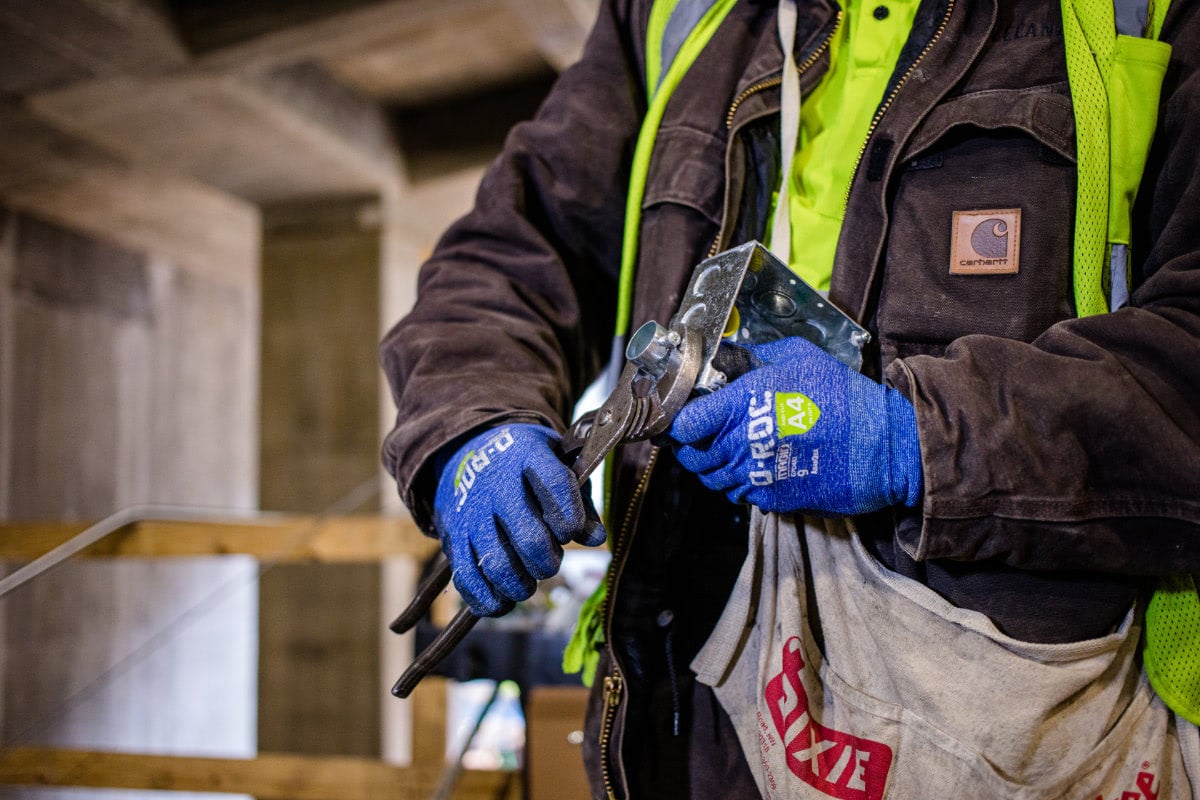Prevailing Wage
The Davis-Bacon Act

Currently, Georgia and Alabama do not have state Prevailing Wage laws.
Both of the states in Local 613’s jurisdiction must comply with the Davis-Bacon Act on all federally-funded public works projects, when the contract is worth at least $2,000.
To pay Prevailing Wage means to pay tradesmen and tradeswomen, who are working on a qualifying project, the standard of what similar construction workers make in a certain geographical area. This compensation includes hourly wages, overtime and benefits provided by the employer.
The intention of Prevailing Wage laws are to ensure contractors do not “low-ball” their bid on a project. This essentially levels the playing field when it comes to bids and places value on a workforce who performs their work correctly the first time. It forces contractors to compete on the basis of who can best train, best equip and best manage a construction crew.
State and local Prevailing Wage laws ensure local labor is used on local community projects. When local labor is used, the money used to pay the construction workers is reinvested back into the community where they live and patronize local businesses.
Despite Georgia and Alabama both not having a state Prevailing Wage law, data and studies have consistently shown paying a Prevailing Wage does not increase the cost of a project.
Benefits of paying a Prevailing Wage include:
- High quality construction
- Wages reinvested in local communities
- Protected public investment